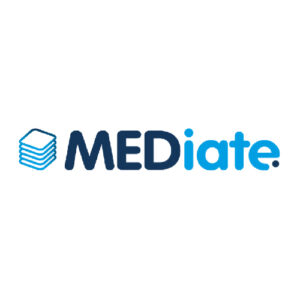
Energy Poverty Zero (EP-0)
Supporting progress towards deep energy retrofit in district, scaling up to fight energy poverty
It is estimated that over 34 million people in the European Union are experiencing energy poverty both in individual and collective housing. Energy Poverty Zero (EP-0) project’ main objective is to support progress toward scale up of deep energy retrofit in vulnerable district to fight energy poverty by combining existing efforts on energy poor people support, one-stop-shops, deep-energy retrofit industrialization and district-based dynamics. We do believe that it is key to develop an approach that will allow to connect efforts performed to diminish cost of deep energy retrofit in social housing with industrialised prefabricated solutions with the private housing market. EP-0 aims at bridging and building on existing initiatives, including the ones of the EU transnational open-source movement “EnergieSprong” that aims at supporting price decrease of deep energy retrofit solutions, using prefab elements. Indeed, EP-0 will work to develop “industrialized retrofit potential” assessment tools for cities to better assess their potential scaling and replicability district per district, to deploy district energy retrofit compass with inhabitants, transcribing for citizen what different action would imply in terms of cost-benefit and comfort, and to assess relevance of collective buy-in scheme for citizens and housing organizations. To achieve EP-0 objectives, a multidisciplinary team has been put up, involving public authorities, housing organisations, businesses (including SME) and foundation. This consortium experience, expertise and knowledge of what is happening on an everyday basis “for real” is key to address zero energy poverty and zero energy district in matter of energy transition, energy efficiency, social inclusion, housing and sustainable district lead approach.
Motivation & Impact
Role of R2M
Motivation & Impact
In the European context, increasingly more attention is being paid to energy poverty, recognized as a crucial and urgent social problem. In this scenario, the LIFE Energy Poverty 0 project aims to develop technical, economic, social, and contractual tools to promote widespread energy efficiency improvements in social and private buildings across Europe, using the EnergieSprong model.
This initiative primarily targets social housing operators, local communities, and public entities, with the final goal of fighting energy poverty by encouraging off-site energy requalifications in the most vulnerable neighborhoods.
The project focuses on the following main impacts.
1) Identification of target areas: the project will identify the most suitable areas for renovation and increased efficiency by developing a digital tool to assess the potential for energy-efficient interventions in residential buildings.
2) Participatory approach: citizens will be actively involved in various phases of the project as a fundamental element of the redevelopment approach and a commitment to generating awareness on energy issues among residents.
3) Development of contractual schemes: the project will create contractual frameworks for the collective procurement of industrialized restructuring solutions. These schemes will bring together public bodies, private owners, and social housing organizations to facilitate collective purchases, reduce implementation costs, and propose potential financing methods.
Role of R2M
– EP0 ICT tool development. This tool aims to provide an efficient method for assessing the current energy status of different districts and determining the potential for large-scale retrofitting of residential buildings. The EP0 tool focuses on integrating deep industrialized prefabricated retrofit solutions and prioritizing areas within cities that are at heightened risk of energy poverty.
– Creation of a repository of prefabricated retrofit solutions, with technical/environmental/economic specifications
– Development of financing tool for vulnerable populations, including national subsidies
– Contribution to community engagement












































